Scientific Directors

Univ.-Prof. Dr. Ludwig Huber
Prof. Ludwig Huber is one of the founders and scientific directors of the CCNU. He holds a full professorship (chair) for the natural science of animal ethics and human-animal-interactions at the Messerli Research Institute, University of Veterinary Medicine Vienna, Medical University of Vienna (double appointment) and University of Vienna. He has extensive expertise in using behavioural and psychophysiological methods to investigate dog cognition and behaviour (besides studying parrots, pigs and several other species). He has been key in establishing the neuroimaging research centre used for comparative MRI in dogs and humans by the CCNU. As the founder and director of the Clever Dog Lab, he provides the CCNU with essential access to various facilities essential for comparative cognition research on dogs.
Contact: ludwig.huber@vetmeduni.ac.at

Univ.-Prof. Dr. Claus Lamm
Prof. Claus Lamm is one of the founders and scientific directors of the CCNU. He is a Professor in Social, Cognitive and Affective Neuroscience at the University of Vienna. While most of his research has focused on homo sapiens, he has started a new comparative research line in recent years. This entails, by means of collaborations, behavioural investigations in ravens, marmosets, dogs and wolves, but predominantly the use of fMRI in dogs. He is the director of and has been key in establishing the neuroimaging research centre that allows comparative MRI in dogs and humans. As the head of the SCAN-Unit, he provides the CCNU with direct access to additional research facilities such as EEG, behavioural, psychophysiology, and brain stimulation labs.
Contact: claus.lamm@univie.ac.at
Scientific Staff
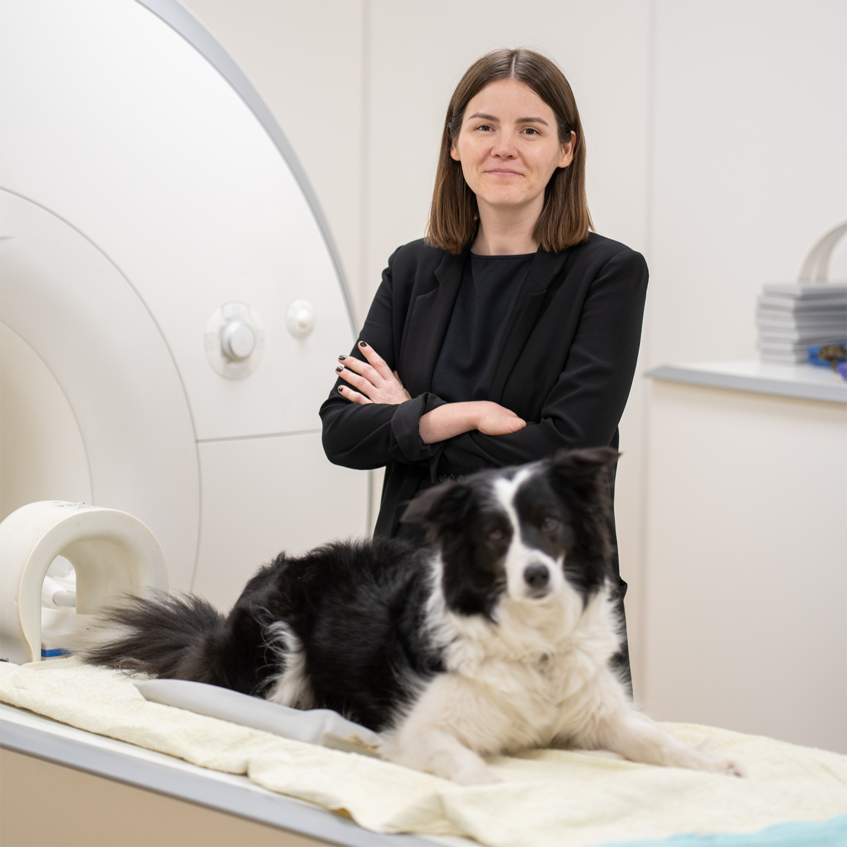
Dr. Magdalena Boch
Magdalena Boch conducted her PhD at the CCNU, and is now a postdoctoral researcher at the Cognitive Neuroecology Lab at the University of Oxford, and an associate member of the SCAN-Unit, University of Vienna.
In her work, she is interested in the neural basis of how dogs and humans perceive and understand each other, and how the canine and primate social brain evolved. At the CCNU, she addresses these research questions by conducting comparative functional MRI and resting state studies with trained and unrestrained pet dogs and humans. Currently, Magdalena’s research focuses on the neural bases of how dogs form expectations about their social and physical environment, an important pillar of complex social abilities, and she studies human attitudes towards wolves compared to pet dogs.
Contact: magdalena.boch@ndcn.ox.ac.uk
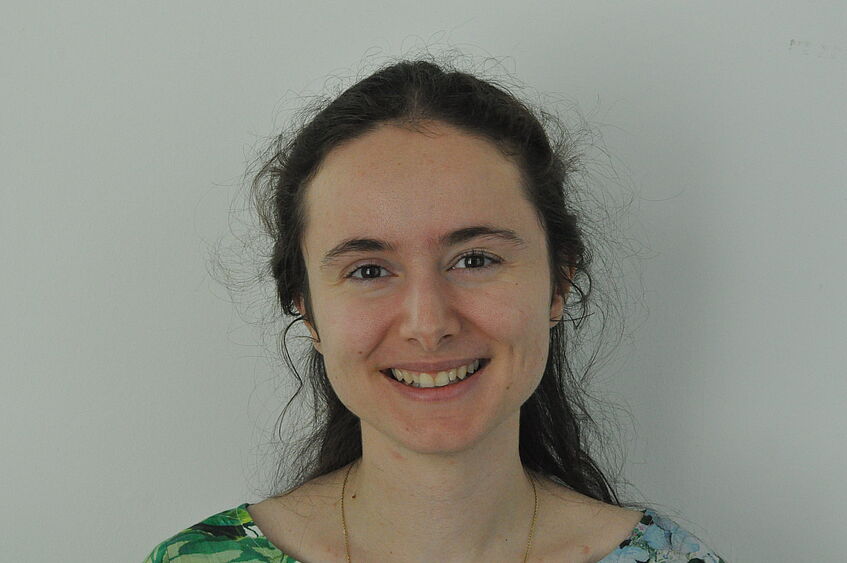
Alexandrina Guran, Ph.D.
Alexandrina Guran is a postdoctoral researcher at the Vienna Cognitive Science Hub and SCAN-Unit (University of Vienna). She studied Psychology and Cognitive Neuroscience at the Ruhr-Universität Bochum, and Evolutionary and Comparative Psychology at the University of St Andrews, Scotland. She completed a PhD in psychology at the University of Lübeck, Germany, where she gained extensive knowledge of EEG and fMRI data acquisition and analysis in aging adults. Her background is essential for the development of experimental neuroscientific paradigms to probe the origins of social cognition, as well as the analysis and interpretation of data in the project.
Contact: alexandrina.guran@univie.ac.at
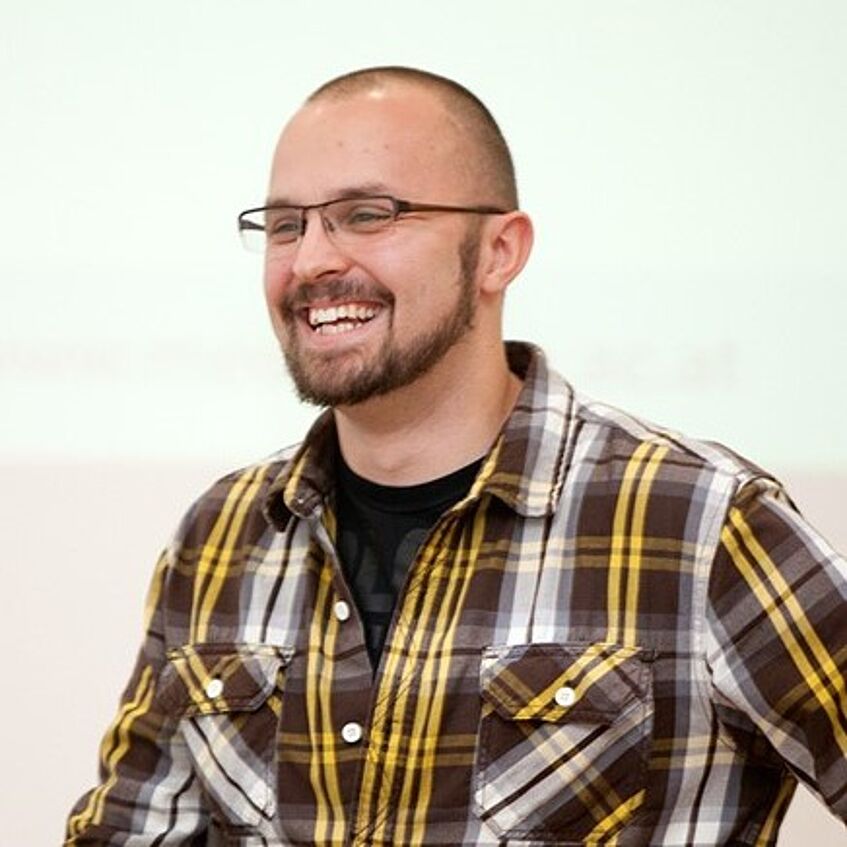
Dr. Ronald Sladky
Dr. Ronald Sladky is a Senior Scientist at the SCAN-Unit, University of Vienna. He studied Cognitive Science (University of Vienna), and received a Ph.D. and habilitation in Medical Physics (Medical University of Vienna) for his work on fMRI methodology and brain connectivity. His main contributions to the CCNU are essential in the domain of fMRI analyses in general and in quantitative comparative fMRI analyses in particular.
Contact: ronald.sladky@univie.ac.at

Dr. Christoph Völter
Christoph Völter is a postdoctoral researcher at the Messerli Research Institute, University of Veterinary Medicine Vienna. After completing his PhD and first postdoc at the MPI for Evolutionary Anthropology in Leipzig he moved on to the University of St Andrews as a Research Fellow and Associate Lecturer. He joined the Comparative Cognition Unit of the Messerli Research Institute in 2019. His main contributions to the CCNU concern the design, supervision, and analysis of behavioral and eye-tracking experiments with dogs.
Contact: christoph.voelter@vetmeduni.ac.at
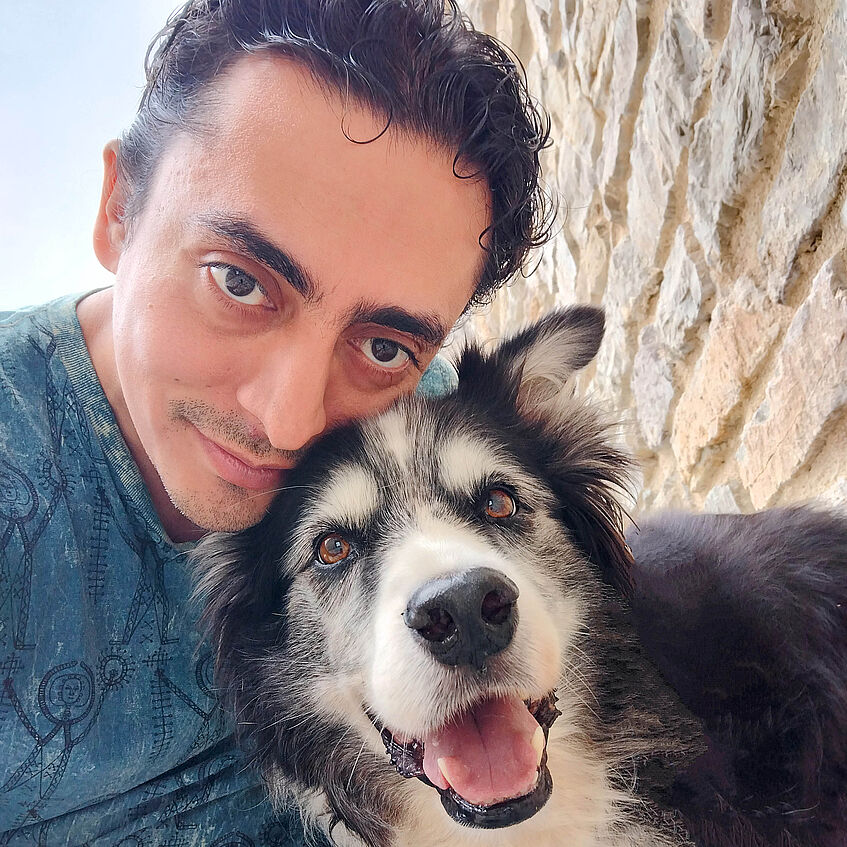
Raúl Hernández Pérez, Ph.D.
Raúl Hernández Pérez is a postdoctoral researcher at the SCAN Unit, University of Vienna. He is a neuroscientist with an interest in the evolution of social cognition, particularly in how dogs process emotions compared to humans using fMRI. Currently, his main research focus is investigating the social brain networks in dogs by using representational similarity analysis and machine learning to contrast the neural representations of the social world between dogs and humans. Raúl is fascinated by the unique abilities of dogs, the way they interact with us, and their capacity to form significant bonds with a different species. His goal is to connect dog and human social brain functions using comparative neuroimaging to deepen our understanding of the dog brain, uncover its similarities and differences with the human brain, and contribute valuable insights into the evolution of brain networks specialized in social cognition.
Contact: raul.hernandez.perez@univie.ac.at
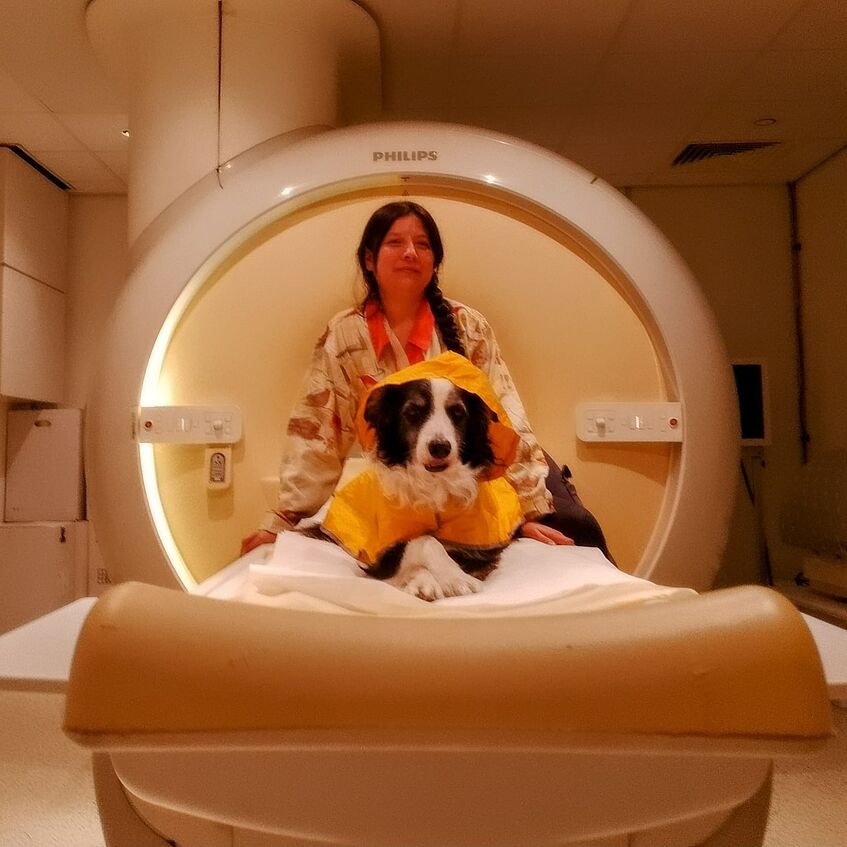
Laura V. Cuaya, Ph.D.
Everyone knows that dogs are amazing, and Laura believes their brains are just as wondrous! The lingering question that keeps her researching is: how did the neural mechanisms of the sparkling social cognition in dogs emerge? This scientific journey is a collaborative effort, where our dog participants, their families, and their trainers are at the core; they make the scanner shimmer.
Together with her colleagues, Laura conducts dog-human comparative analyses to understand how environmental pressures shape brain specializations. Laura is a postdoctoral researcher at the SCAN-Unit, University of Vienna. Laura's hope is that these findings light dogs up as emotionally complex beings and inspire efforts to improve their welfare around the world.

Mag. Lukas Lengersdorff
Mag. Lukas Lengersdorff is a researcher at the SCAN-Unit, University of Vienna. He supports the CCNU in projects regarding methods developement and BOLD signal modelling.
Contact: lukas.lengersdorff@univie.ac.at
Lab Assistants
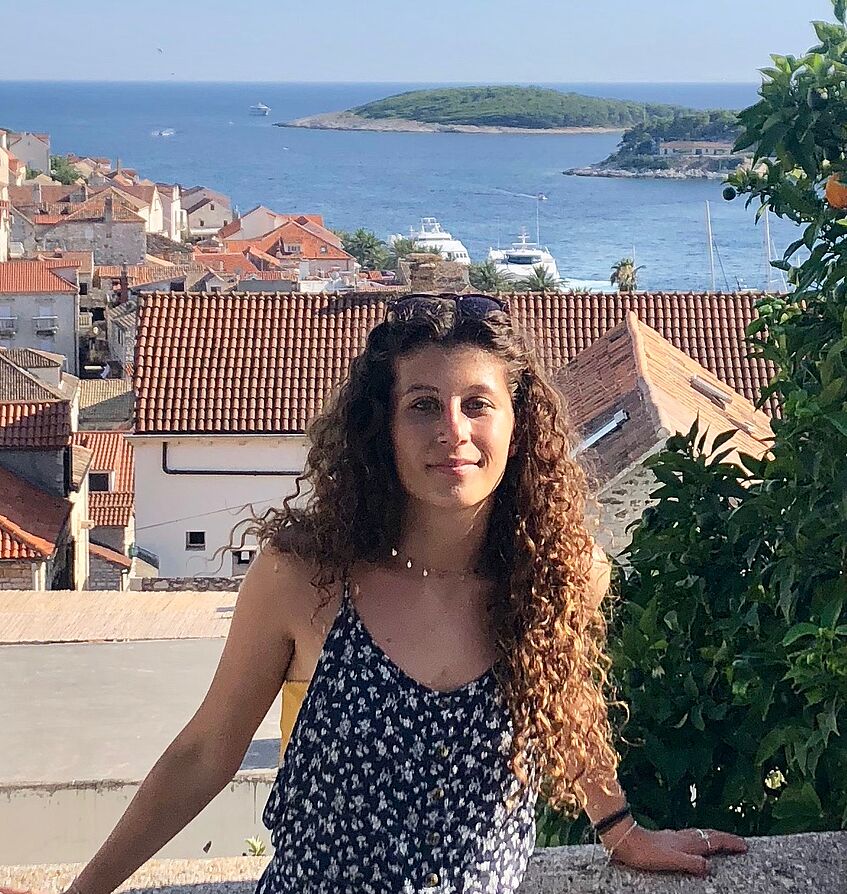
Sara Binder, B.Sc.
Sara Binder works as a research assistant and master student at the CCNU. Her main duties are to help perform MRI scans with dogs and humans, dog fMRI training, and supporting the research team with various administrative tasks. As part of her master thesis she is also involved in developing a new analysis pipeline for dog neuroimaging and investigates the neural bases of social interaction perception in dogs.
Contact: sara.binder@univie.ac.at

Laura Laussegger
Laura Laussegger completed the course in dog science at the Academy for Animal Naturopathy and completed her training as a dog trainer in May 2019 with an oral and practical examination. She also obtained the certificate as an animal welfare qualified dog trainer from the Messerli Research Institute. Since January 2020, she has been working as a dog trainer in the Clever Dog Lab and is involved in the research project "Convergent Evolution of the Social Brain? A comparative dog-human fMRI research approach (EVOSOCBRAIN)". For this purpose she trains pet dogs so that they can take tests in the eye tracker and then in the MRI scanner.
Contact: laura.laussegger@vetmeduni.ac.at
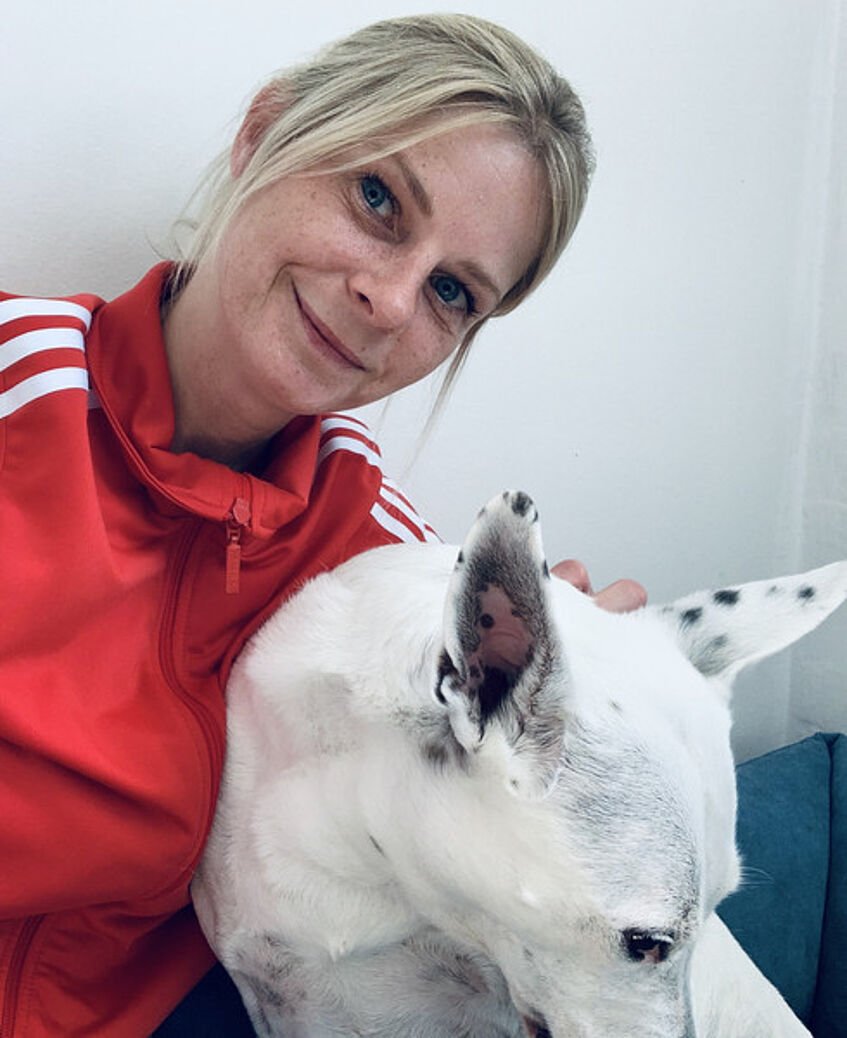
Marion Umek
Marion Umek completed the "International Dog Trainer Education" with Ann Lill Kvam and Turid Rugaas in 2014. After a two-year training at THL, she passed the practical and oral final examination in 2016 to become a holistically oriented dog behaviour trainer. In addition, she obtained the certificate as an animal welfare qualified dog trainer and trains dogs at TierQuartier Wien. She has been working at the Clever Dog Lab since May 2020 and is a contributor to the research project "Convergent Evolution of the Social Brain? A comparative canine-human fMRI research approach (EVOSOCBRAIN)". For this she is training pet dogs so that they can take tests in the MRI scanner and then also in the eye tracker.
Contact: marion.umek@vetmeduni.ac.at

Katharina Fiala, B.Sc.
Katharina Fiala works as a research assistant at the CCNU. Her main duties are to help perform MRI scans with dogs and humans, dog fMRI training, and supporting the research team with various administrative tasks.
Contact: katharina.fiala@univie.ac.at
Technical Support & Administration

Mag. Karin Bayer
Mag. Karin Bayer has been the manager of the Clever Dog Lab since 2008. Beside her studies of zoology at the University of Vienna she received an education in behavior consultation for companion animals. In 2004, she took part in further training for behavior therapy at the Academy for Veterinarian Education (University of Veterinary Medicine, Hannover, Germany). She has been an examiner for the Vienna dog license and listed dogs since 2006 and 2010 respectively and she has been a member of the commission for the animal welfare qualified dog trainer exam since 2013.
Contact: karin.bayer@vetmeduni.ac.at

Wolfgang Berger
Wolfgang Berger is responsible for the development and construction of the technical equipment for research and for ongoing maintenance at the Messerli Research Institute. Among many other experimental apparatuses he built the eye-tracker set-up as well as the mock scanner in the Clever Dog Lab for the training of dogs that have been selected to participate in the fMRI studies.
Contact: wolfgang.berger@vetmeduni.ac.at

Dr. Andreas Gartus
Dr. Andreas Gartus is a Senior Scientist at the University of Vienna, with an electrical engineering degree (Technical University of Vienna) and a Ph.D. degree in psychology (University of Vienna). He supports the CCNU by tailor-made hard- and software for human experimentation, such as special button boxes or stimulus delivery apparatuses.
Contact: andreas.gartus@univie.ac.at
Interns

Johannes Hoops (SS 2025)

Leonie Kandera (WS 2024)
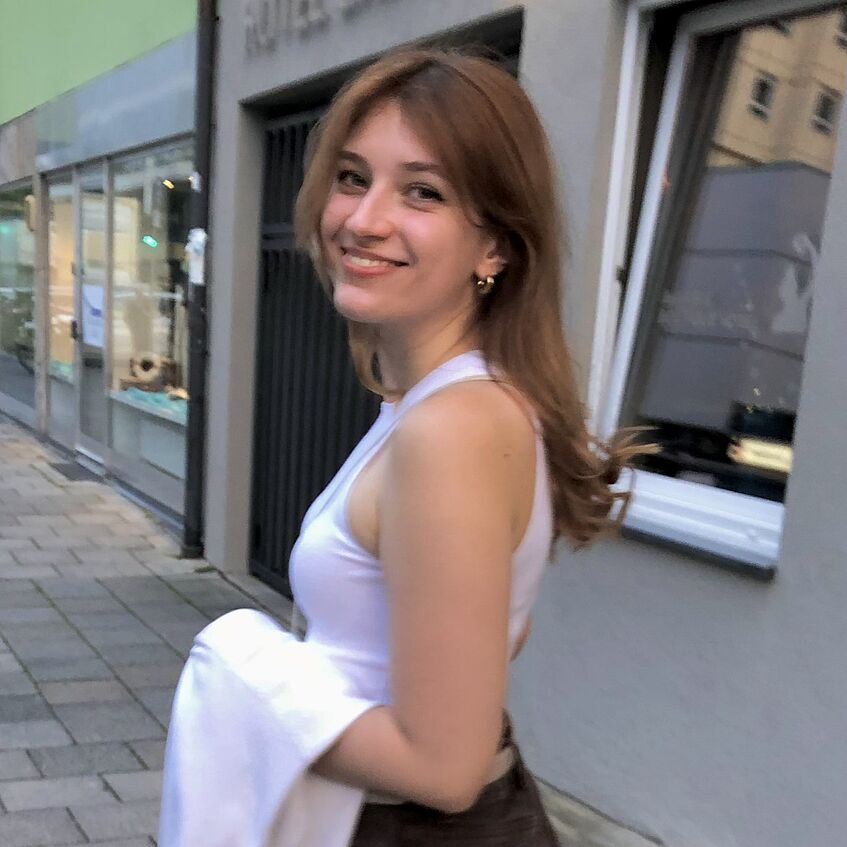
Karoline Hlousa (WS 2023)
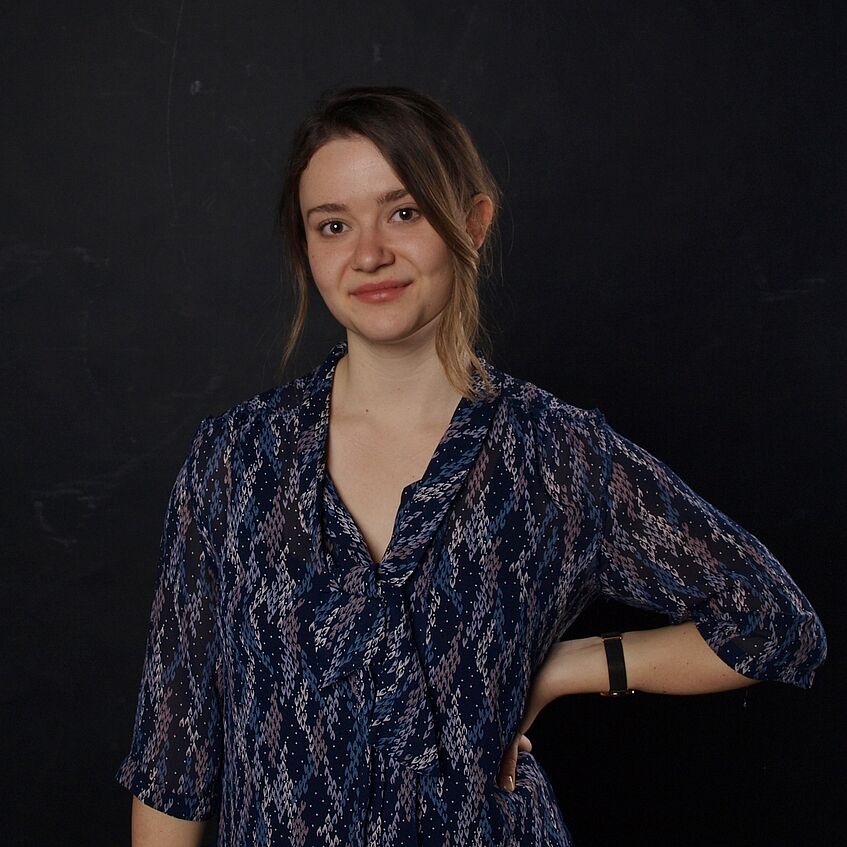
Verena Grosse (SS 2021)

Katharina Jakob (WS 2021)

Lisa Triebenbacher (WS 2020)

Olaf Borghi (SS 2020)
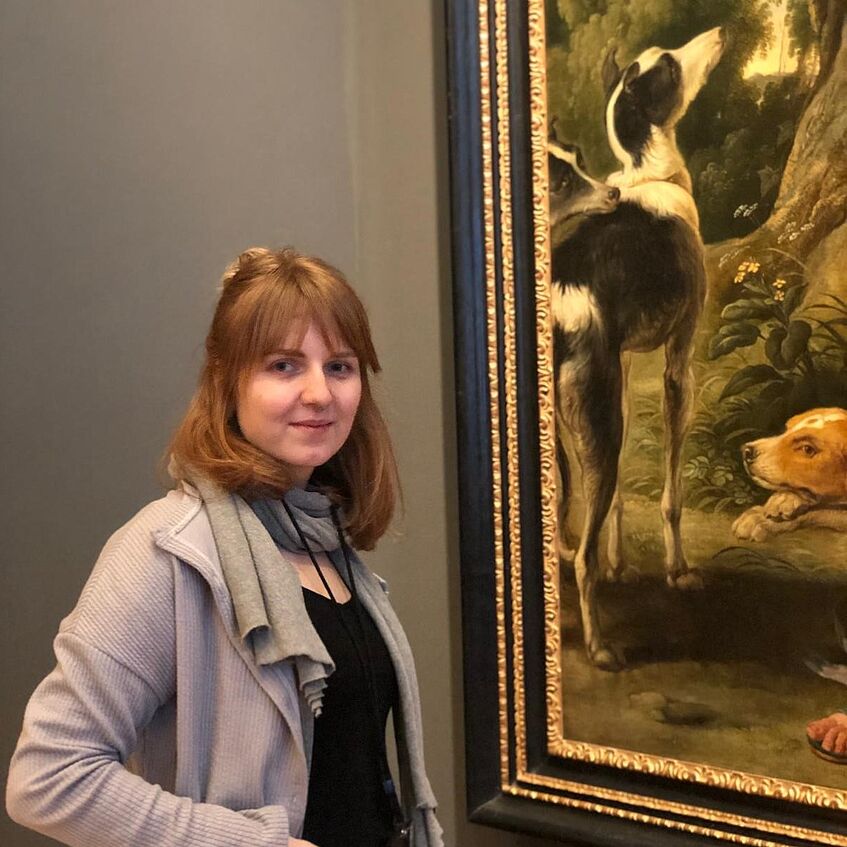
Thabea Ulmers (Summer 2019)
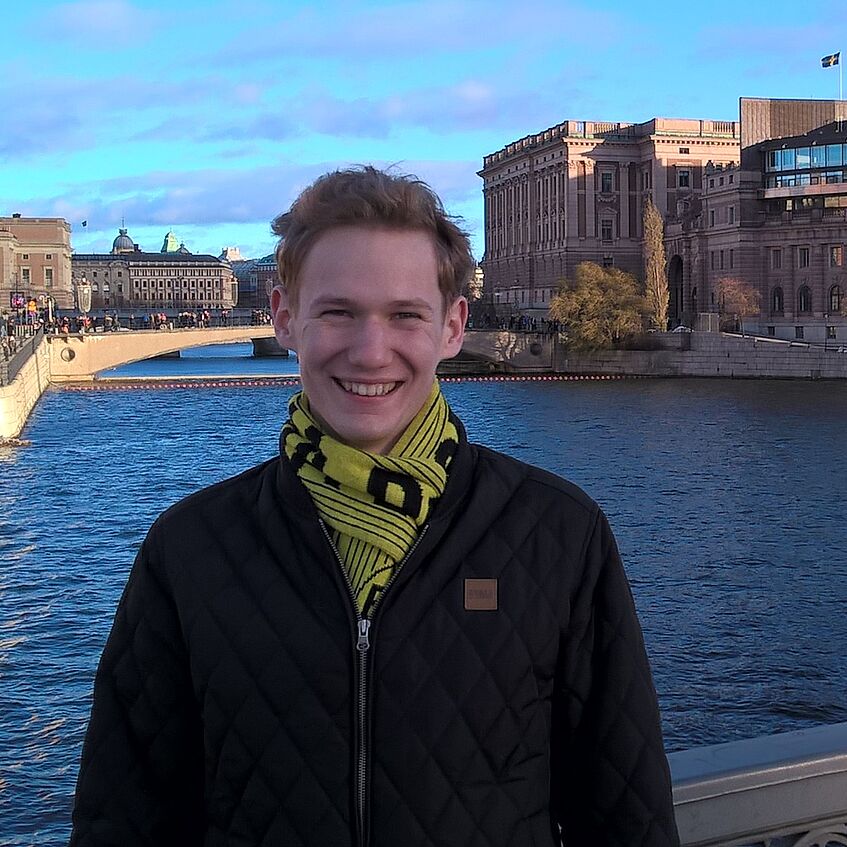
Nils Wende (SS 2018)
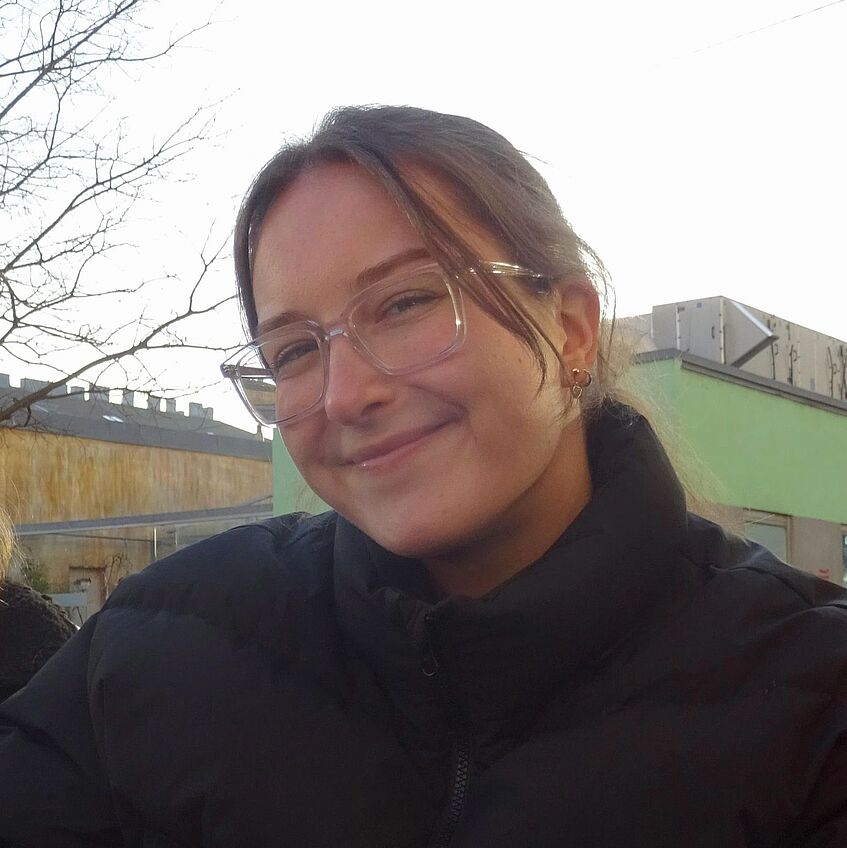
Katharina Langer (SS 2025)

Benjamin Kraus (SS 2024)
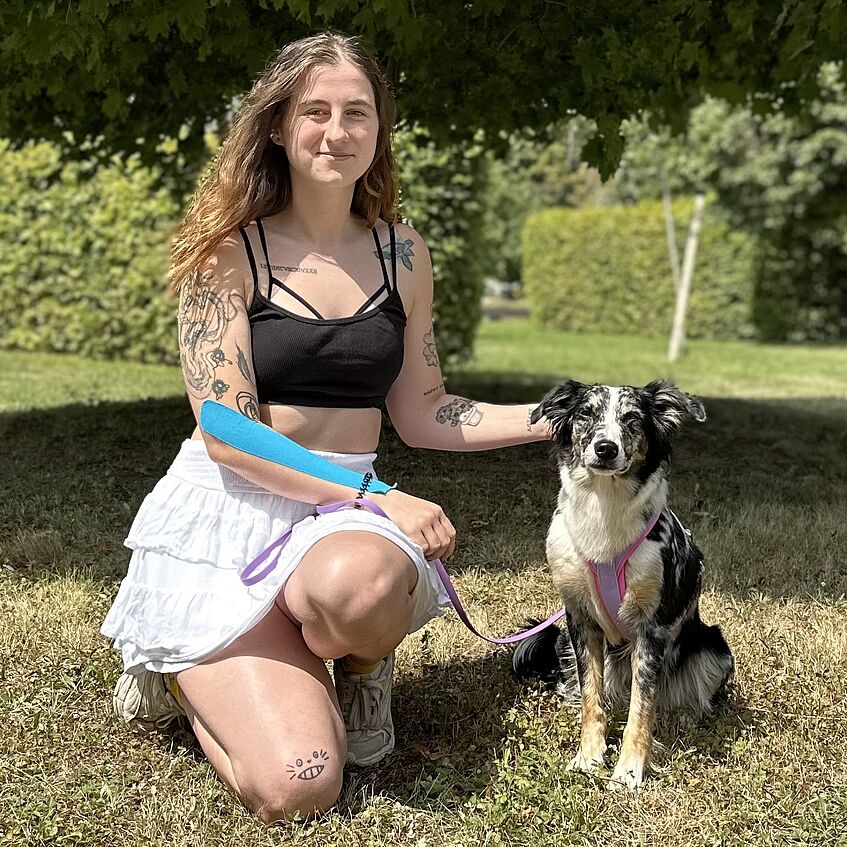
Katharina Artinger (SS 2024)

Philipp Steinmüller (SS 2022)

Franziska Michalewicz (SS 2021)

Annabelle Baumgartner (WS 2020)

Theresa Bonkoss (WS 2019)
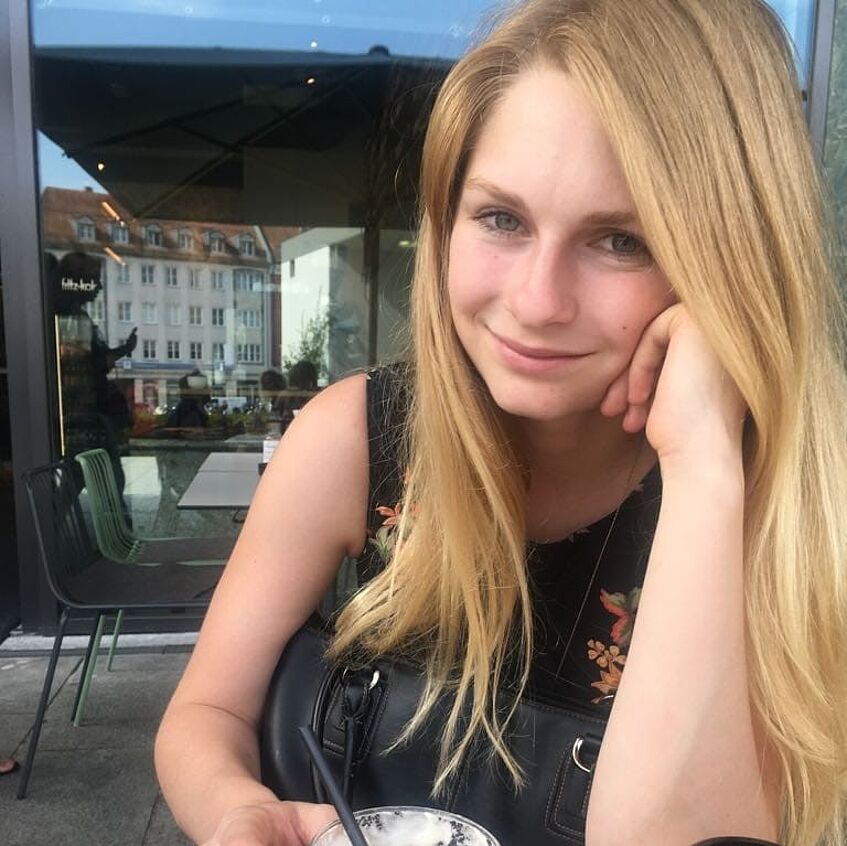
Judith Sattelberger (SS 2019)
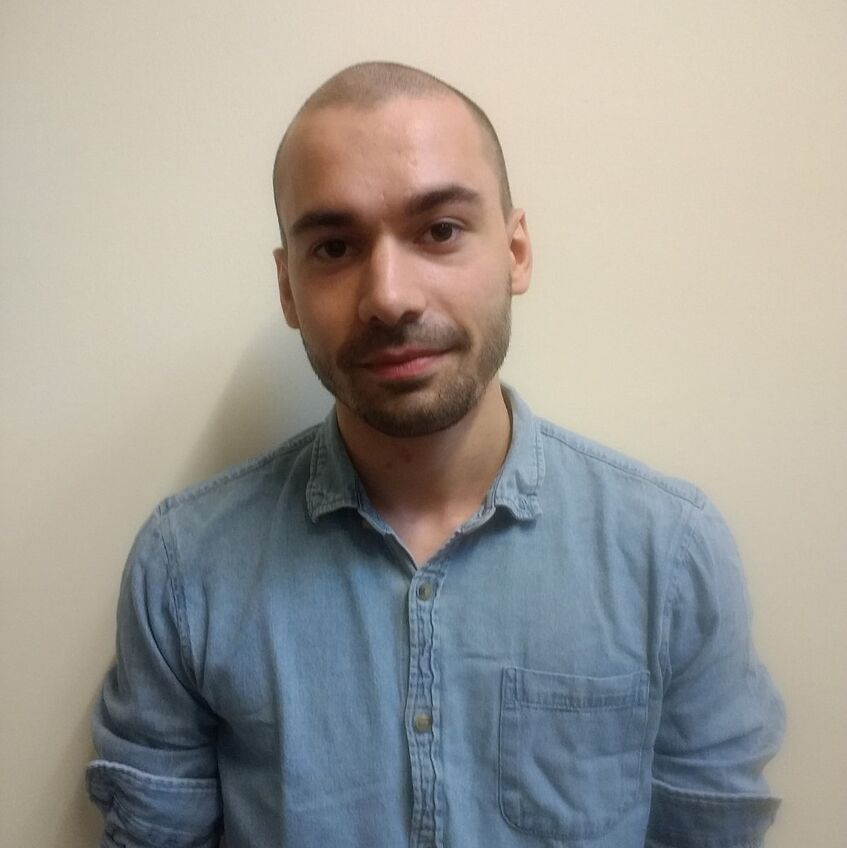
Alexander Starlinger (WS 2018)

Tatjana Rohatschek (WS 2024)
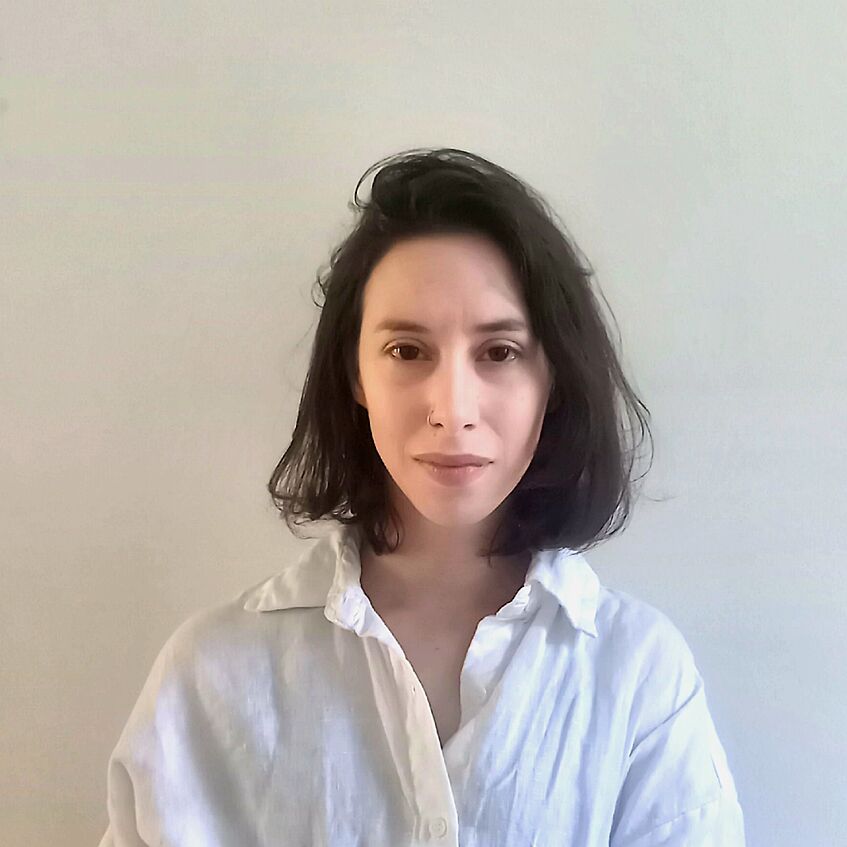
Athina Pylarinou (WS 2023)
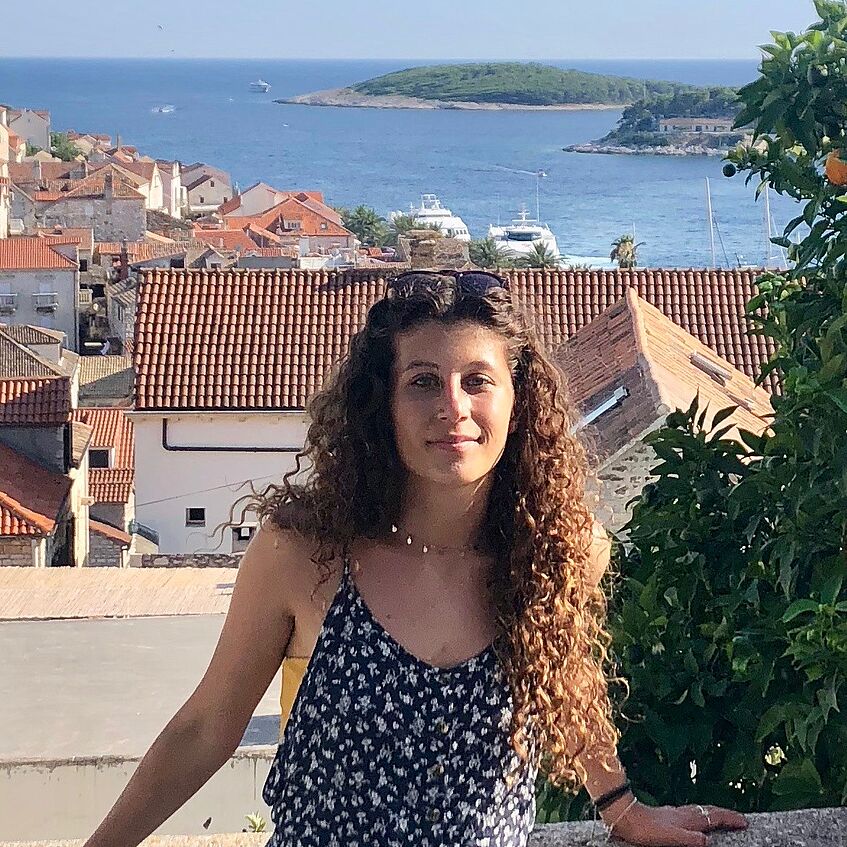
Sara Binder (WS 2021)

Maximilian Wunderlich (WS 2020)

Johanna Borbely (Summer 2020)
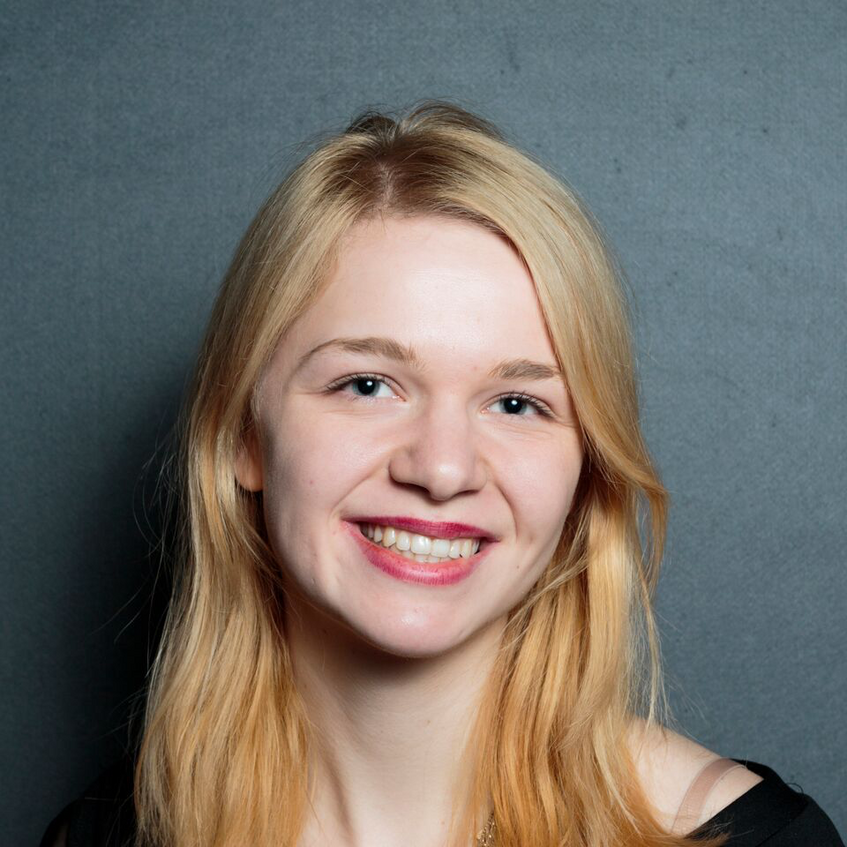
Marie-Christine Rühle (WS 2019)
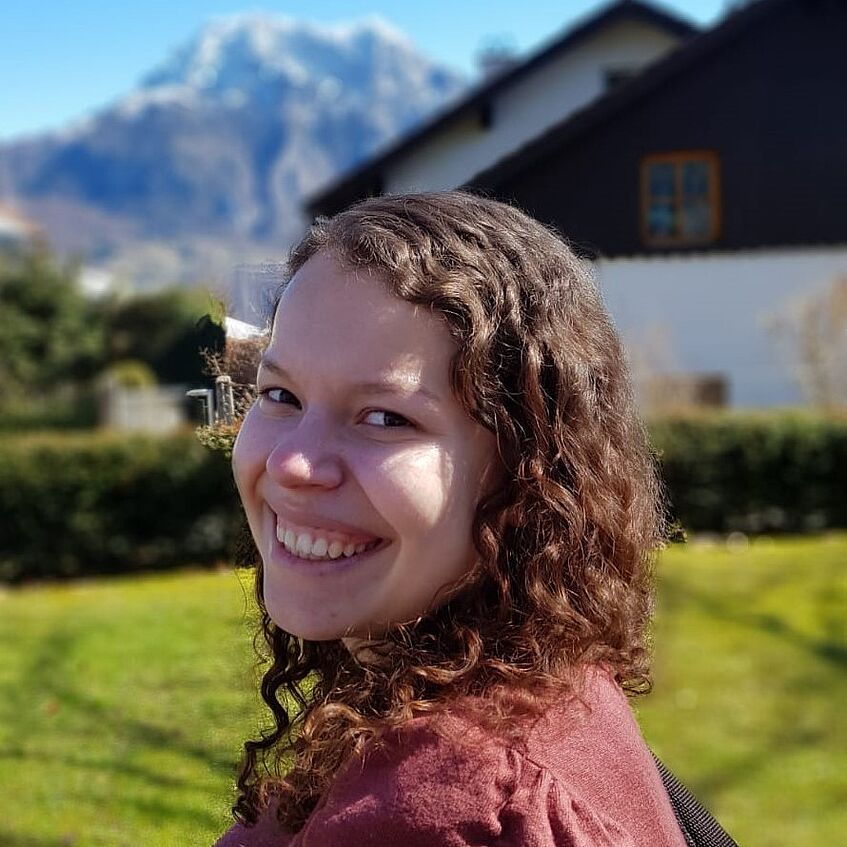
Anna Thallinger (WS 2018)

Boryana Todorova (SS 2018)
Alumni

Olaf Borghi, M.Sc.
Olaf Borghi worked as a research assistant and performed research for his own master thesis at the CCNU. He is currently working on his doctorate at the Royal Holloway University London for the project “Interdisciplinary Perspectives of the Politics of Adolescence & Democracy”.

Dr. Sabrina Karl
Sabrina conducted her PhD at the Clever Dog Lab, Messerli Research Institute, University of Veterinary Medicine Vienna as part of the Doctoral Program Cognition and Communication. She developed the training program for the CCNU dogs to remain comfortable and fully awake throughout fMRI data collection. For her Ph.D. studies, she investigated the neural bases of dog attachment and the potential similarities between human-dog relationships and the parent-child bond. The main methods she used were fMRI, eye tracking and behavioural measures. She is now working as an animal welfare scientist for Four Paws.
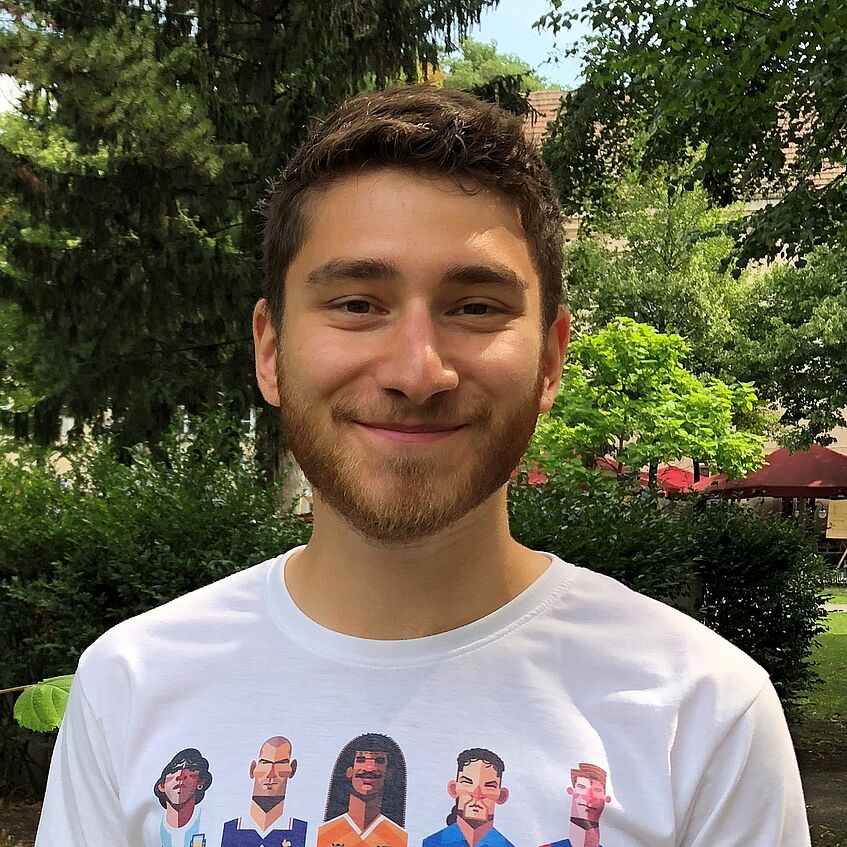
Morris Krainz, M.Sc.
Morris Krainz worked as a research assistant at the CCNU, as well as other projects at the Faculty of Psychology, University of Vienna. Since May 2023 he is a PhD candidate at the University of Geneva at the Consumer Decision and Sustainable Behavior Lab.

Boryana Todorova, M.Sc.
Boryana Todorova performed research for her master thesis at the CCNU after being an indispensable part of the project through her work as an intern. She also worked as an intern and research assistant at multiple other projects and is currently working on climate change and decision neuroscience for her PhD at the Faculty of Psychology, University of Vienna.
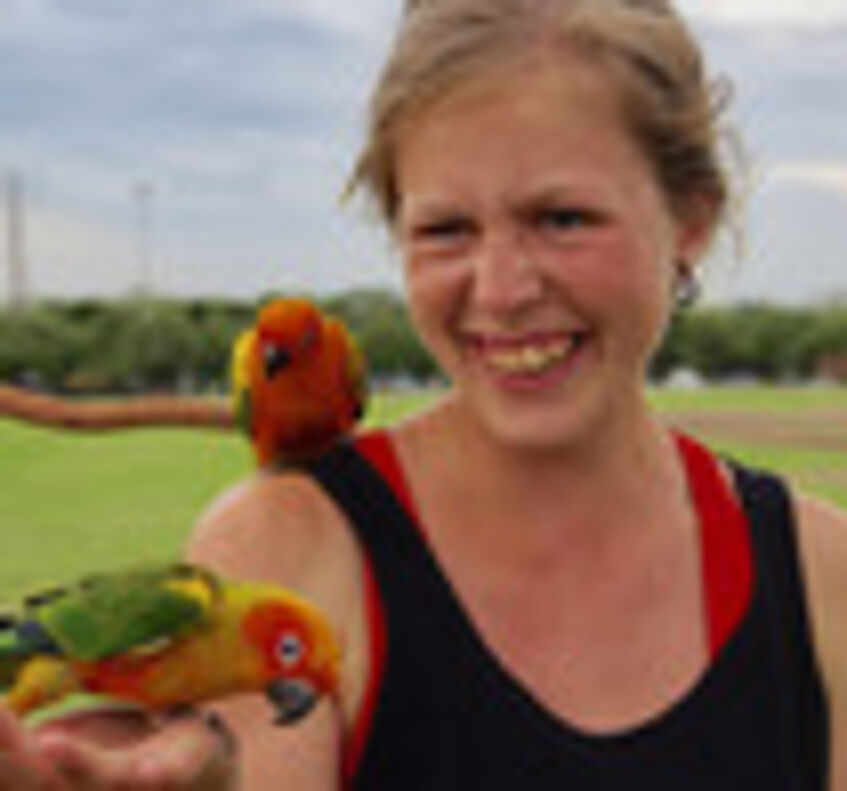
Helena Manzenreiter, M.Sc.
Helena Manzenreiter, MSc completed her bachelor's degree in "Food and Biotechnology" in 2014 at the University of Natural Resources and Applied Life Sciences (BOKU) in Vienna. Subsequently, she completed the master's degree, "Interdisciplinary Master in Human - Animal Interactions", at the University of Veterinary Medicine Vienna in 2018. Additionally she was able to complete training as an Icelandic Horse Training Instructor (OEPS), as well as training as a qualified animal masseuse and movement trainer. In 2019, she completed a certificate for qualified dog trainers from the Messerli Research Institute. She has been working at the Clever Dog Lab since January 2020 and was a contributor to the research project "Convergent Evolution of the Social Brain? A comparative canine-human fMRI research approach (EVOSOCBRAIN)". For this purpose, she trained pet dogs in order for them to get tested on the MRI scanner.
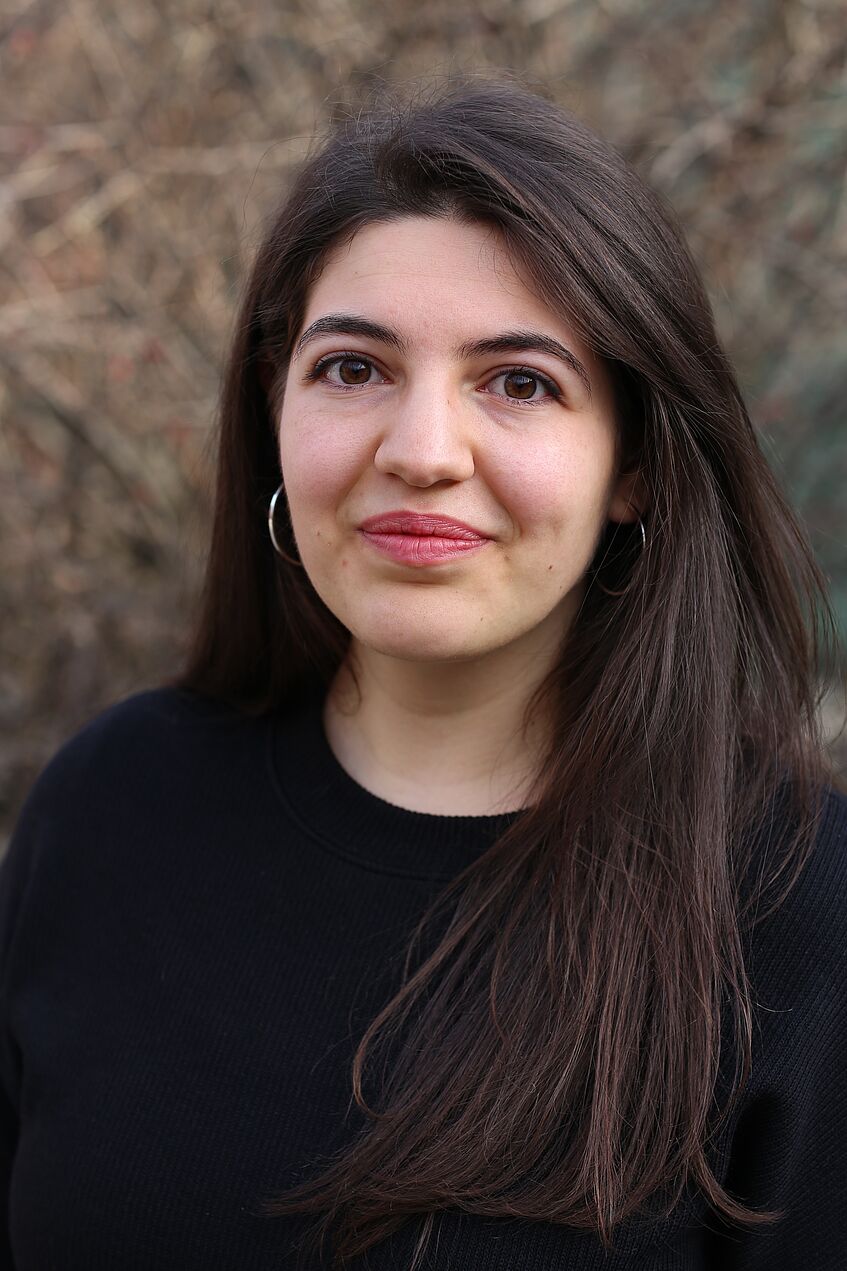
Lucrezia Lonardo, Ph.D.
Lucrezia Lonardo did her PhD research at the Comparative Cognition unit at the Clever Dog Lab, Messerli Research Institute. She worked on the project “Convergent Evolution of the Social Brain? A comparative dog-human fMRI approach” (supervisors: Univ.-Prof. Dr. Huber and Univ.-Prof. Dr. Lamm). The main focus of the project were theory of mind, action understanding and empathy in dogs and humans. These were investigated by combining behavioural, eye-tracker and neuroimaging studies. She now works as a postdoctoral researcher at the Clever Dog Lab, Messerli Research Institute.

Anna Thallinger
Anna Thallinger worked as a research assistant for the CCNU. Her main duties were to help perform dog MRI scans and training, as well as human MRI scans, and supporting the research team with various administrative tasks.
